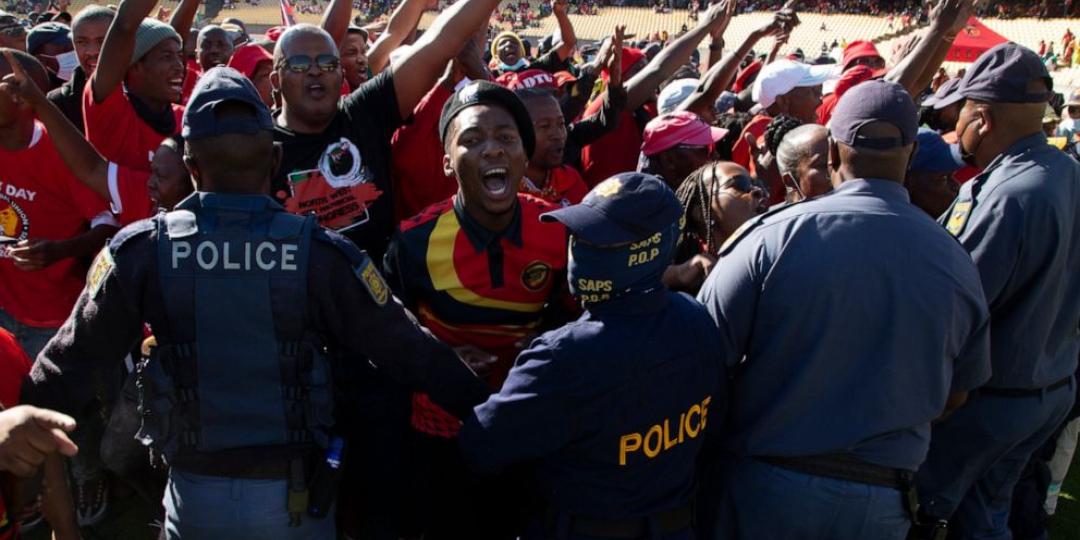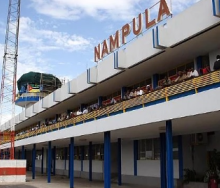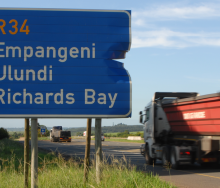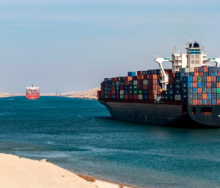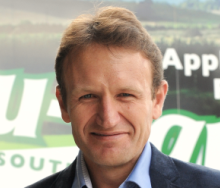President Cyril Ramaphosa has used his weekly newsletter to reassure South Africans that government is committed to improving the lives of the working class and the poor.
This after the president was prevented from addressing a May Day rally at Rustenburg’s Royal Bafokeng Stadium on Sunday due to protesting mineworkers.
“The workers at the [stadium]…made plain what nearly every South African knows: the working class and the poor of our country are suffering.
“They made the firm point that we must do more, and act with greater urgency to address issues of unemployment, poverty, deprivation and hunger. At the same time, we must establish more efficient mechanisms to enable workers to participate more fully in the formulation and implementation of policy and programmes.
“The wage grievances of the workers in Rustenburg deserve the attention of all stakeholders, employers and labour so that a fair and sustainable settlement can be reached. As government, we are committed to play our part,” Ramaphosa said.
He added that government was committed to “take the necessary action to improve their lives and their working conditions”.
Ramaphosa outlined some of government’s interventions to alleviate the financial pressure the poor and working class are currently experiencing, which has been exacerbated by the Covid-19 pandemic.
“We are undertaking fundamental economic reforms that will improve the competitiveness and economic contribution of the energy, water, telecommunications and transport industries.
“These reforms, together with increased investment in infrastructure, will enable faster economic growth and employment creation. In the long term, these reforms will unlock much higher economic growth.
“And as businesses grow, they will create more jobs, helping workers and unions in a virtuous cycle.
“However, the workers that gathered at the Royal Bafokeng Stadium - and millions of other people across our country - cannot wait for the impact of these reforms to be realised. That is why, as we implement these measures, we are seeking – within our constrained public finances – to provide a basic level of social protection to the most vulnerable,” he said.
While these economic reforms would take time to bear fruit, government was also making plans for more immediate relief, he added.
“Some measures, like the R350 Social Relief of Distress [grant], remain in place. The grant now reaches more than 10 million recipients. With the end of the National State of Disaster last month, we are engaging with various stakeholders on how to ensure that the grant continues to reach those who most badly need it.
“This is happening alongside measures to promote employment, like the Presidential Employment Stimulus, which has provided work and livelihood opportunities to more than 860 000 since it was started.”
Ramaphosa emphasised, however, that the state could not create meaningful change on its own.
“It needs both labour and business, and indeed the whole of society, to work with government to implement an agreed set of measures to grow and transform the economy.
“It was such a partnership that led to the introduction of a national minimum wage in 2019, a process that I was privileged to lead, giving effect to a demand that had been made more than 50 years before at the Congress of the People in Kliptown. And it is these partners that are, at this moment, once again engaged in deliberations on how to accelerate growth and create employment.”
He acknowledged that as the country forged ahead with its economic reconstruction and recovery plan, much more needed to be done to unleash the potential of the economy and provide employment opportunities for the people of South Africa.
“The challenges that workers face this Workers Day are many and the hardships they endure are great. The road ahead will be difficult and there is much work to do. That is why we need to rebuild trust and confidence, and why we need to forge a social compact that not only has the support of workers, but also delivers meaningful benefits to them.” – SAnews.gov.za
